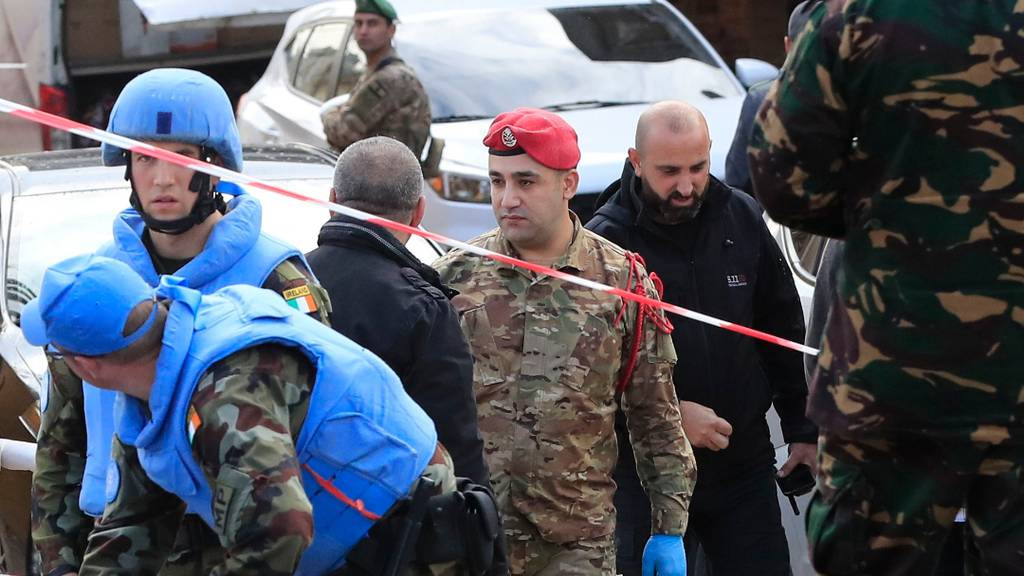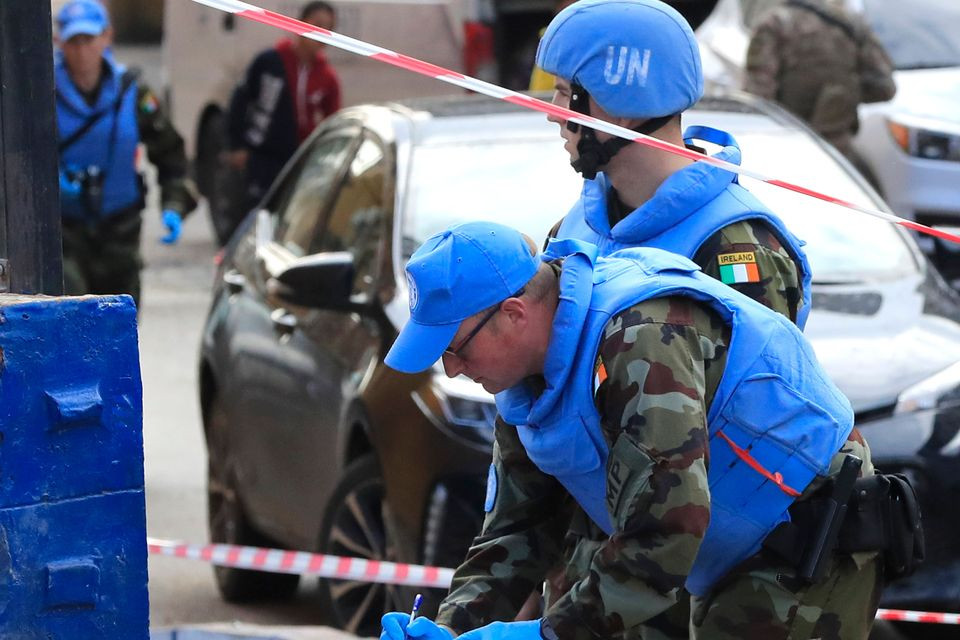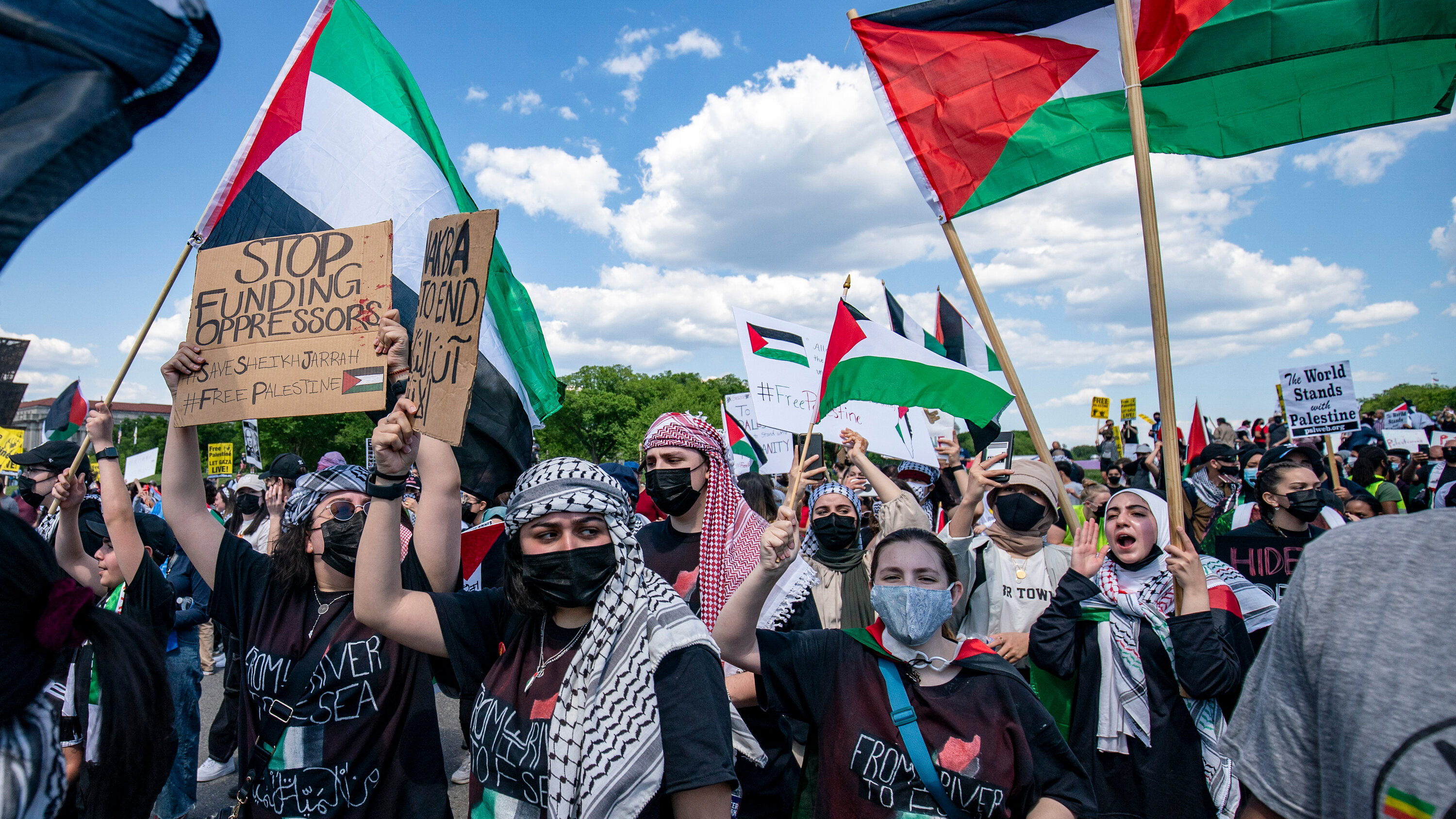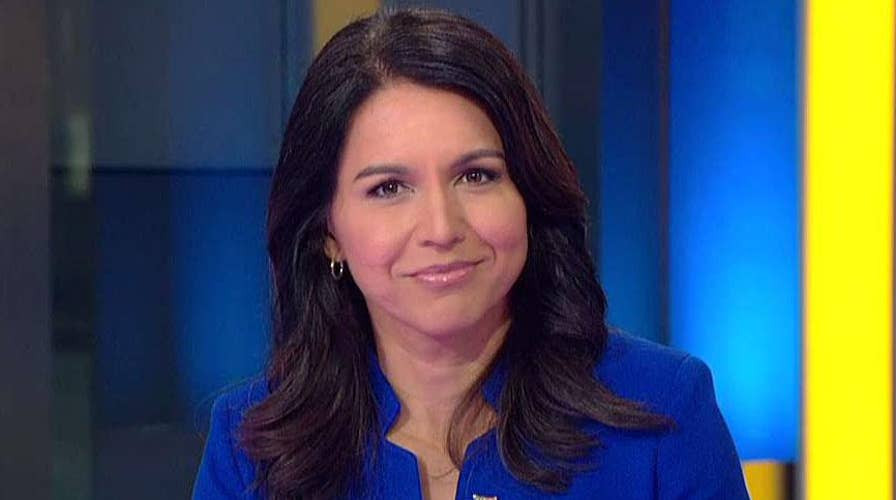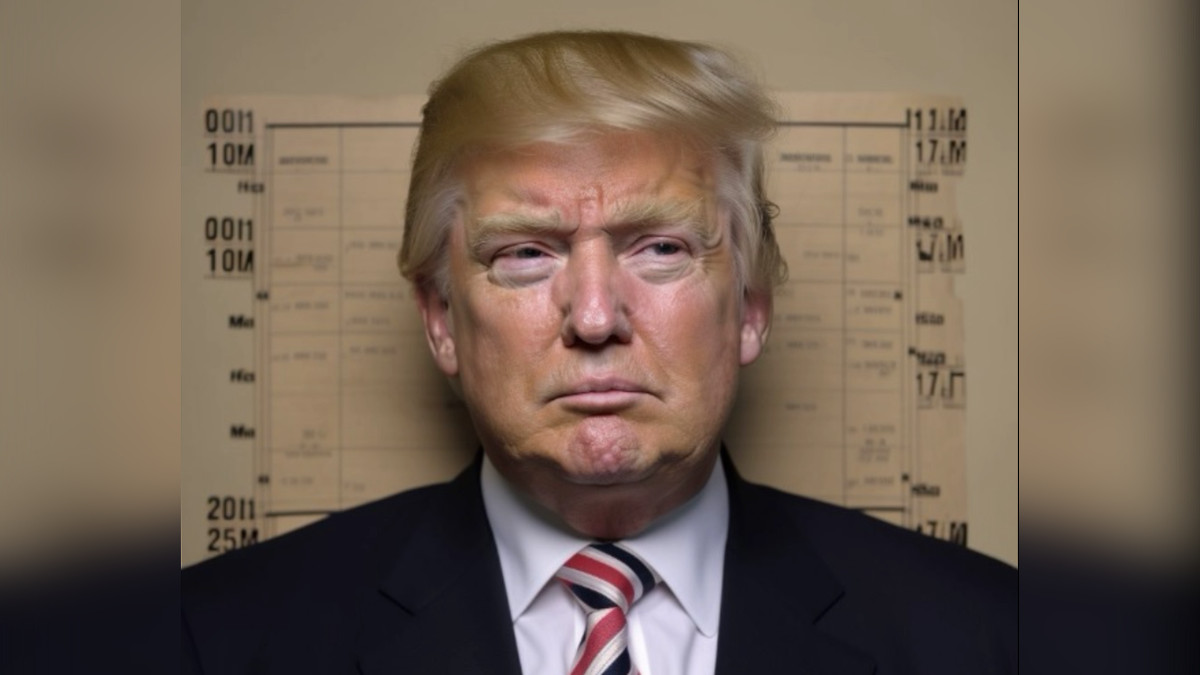A United Nations (UN) patrol vehicle with six Irish soldiers on board was caught up in an air attack in a village in south Lebanon on Saturday. The incident, which occurred in the village of Hanine, has raised concerns about the safety of international peacekeepers in this volatile region.
The suspected strike took place as a convoy of two armoured vehicles, carrying six Irish soldiers and two Polish colleagues, was passing through the village. Shrapnel from the explosion, reportedly targeting a Hezbollah-linked building, struck the vehicles. Fortunately, the armoured utility vehicles (AUVs) provided adequate protection, and no injuries were sustained by the personnel.
The Incident and Its Aftermath
The Irish Defence Forces have confirmed that all troops involved are safe and accounted for. The soldiers executed their standard procedures, quickly driving away from the blast site and returning to their base at UN Post 245. Despite the incident, the Irish contingent continues its mission in the area, which involves monitoring a ceasefire line between Hezbollah and Israel.
Investigation and Diplomatic Fallout
An investigation is now underway, led by UNIFIL (United Nations Interim Force in Lebanon) alongside the Irish Defence Forces. The investigation is expected to focus on the remnants of the ordnance used and data from a French radar installation in South Lebanon, which monitors Israeli military activity in the region.
Speaking in Dublin, Irish Foreign Minister Micheál Martin expressed deep concern over the incident, emphasising the importance of ensuring the safety of peacekeepers. "We will be making representations on foot of this, on the basis that both the IDF [Israeli Defence Forces] and Hezbollah must fulfil their obligations to peacekeepers," Martin stated.
This event also adds to the ongoing diplomatic tension between Ireland and Israel, which has been heightened since Ireland’s recent recognition of the State of Palestine. Relations have been further strained by Israel’s recall of its ambassador from Dublin and a diplomatic démarche directed at Ireland earlier this year.
A Wider Context: Is the UN Mission in Lebanon Failing?
The incident has sparked debate about the effectiveness and safety of UN peacekeeping missions in volatile regions like Lebanon. Critics argue that the UN presence has become increasingly irrelevant as the conflict between Israel and Hezbollah escalates. They point to the fact that Hezbollah has continued to build up its military capabilities and operate with impunity in southern Lebanon, despite the presence of UN peacekeepers.
Some argue that the UN should reconsider its role in Lebanon, possibly by withdrawing its forces or adopting a more assertive approach to enforcing peace. Others maintain that the UN should remain engaged in the region, even if the mission is challenging, as a symbol of international commitment to peace and stability. The debate is likely to continue as the situation in Lebanon remains volatile.
The Future of Peacekeeping in Lebanon
The incident involving the Irish peacekeepers is a stark reminder of the dangers faced by UN personnel in conflict zones. The UN must carefully assess the risks and effectiveness of its peacekeeping missions, and be prepared to make difficult decisions about their future. The international community must also consider the broader context of the conflict in Lebanon and the role of outside powers in exacerbating tensions.
Ultimately, the goal should be to find a peaceful and lasting solution to the conflict between Israel and Hezbollah, which would improve the safety of UN peacekeepers and the Lebanese people. This will require a commitment from all parties to dialogue, compromise, and a shared vision for a more peaceful future in the region.




